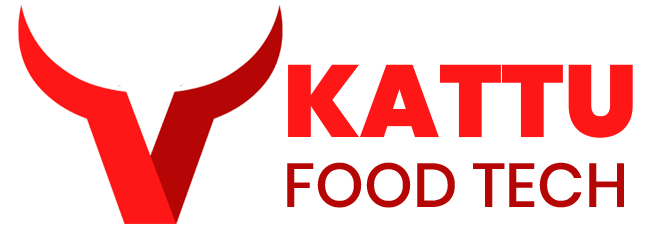Currently Empty: $0

Food Science & Technology Quiz (15/03/2021)
Q1. Poly Cyclic Aromatic Hydrocarbons Are Formed When The Meat Is Exposed To Very High Temperatures.
A) True
B) False
Answer – B) False
- Hetero Cyclic Amines Are Formed When The Meat Is Exposed To Very High Temperatures. Poly Cyclic Aromatic Hydrocarbons Are Formed When Fat From The Meat Ignites/ Drips On The Coal.
READ MORE – FOOD TECHNOLOGY (25/02/2021)
Q2. Alisha Challenged Her Friends That One Special Vitamin Would Not Be Affected When She Boils Milk. Which Vitamin Is It?
A) Vitamin C
B) Vitamin D
C) Vitamin B
D) None Of The Mentioned
Answer – B) Vitamin D
- Vitamin D Is Not Affected By Any Processing And Is Very Stable. Vitamin D Is Not Changed By Heating. Hot Milk (As In Hot Chocolate) Will Give You The Same Amount Of Vitamin D As The Same Amount Of Cold Milk.
READ MORE – Food Science & Technology Quiz (15-12-2021)
Q3. Which Of The Following Operation Reduces The Dietary Fibre Content In Cereals?
A) Drying
B) Retro Gradation
C) Grinding
D) Milling
Answer – D) Milling
- Milling Reduces The Dietary Fiber Content In Cereals. Milling Is The Process Of Machining Using Rotary Cutters To Remove Material By Advancing A Cutter Into A Workpiece. This May Be Done Varying Direction On One Or Several Axes, Cutter Head Speed, And Pressure.
READ MORE – FOOD TECHNOLOGY (25/02/2021)
Q4. Subjecting Fats To High Temperature In The Presence Of Oxygen Such That Fats Deteriorate Is Called ________?
A) Hydrolytic Rancidity
B) Auto-Oxidation
C) Thermal Decomposition
D) Lipolysis
Answer – C) Thermal Decomposition
- Subjecting Fats To High Temperature In The Presence Of Oxygen Such That Fats Deteriorate Is Called Thermal Decomposition.
READ MORE – Food Science & Technology Quiz (25-12-2021)
Q5. Hazards Affecting Food Are _____?
A) Chemical, Biological, Physical
B) Additives, Colour
C) Pollutants
D) All Of The Mentioned
Answer – D) All Of The Mentioned
- Food Hazards May Be Biological, Chemical, Physical, Allergenic, Nutritional And/Or Biotechnology-Related. Hazards May Be Introduced Into The Food Supply Any Time During Harvesting, Formulation And Processing, Packaging And Labelling, Transportation, Storage, Preparation, And Serving.
READ MORE – FOOD TECHNOLOGY (13/03/2021)

 0
0

